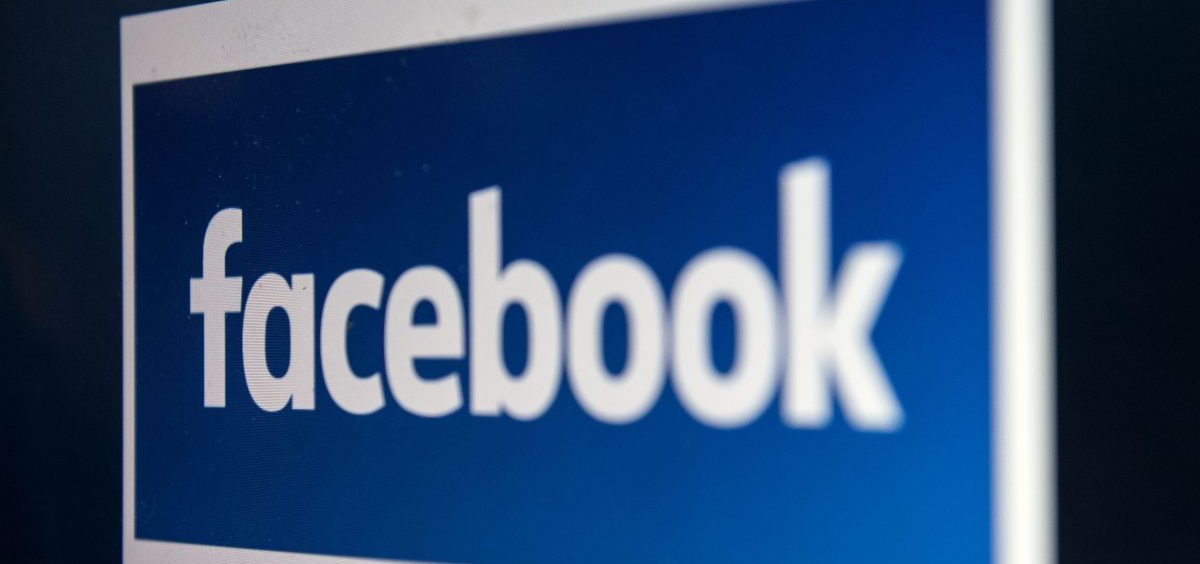News

Facebook Bans White Nationalism And Separatism Content From Its Platforms
By: Sasha Ingber | NPR
Posted on:
Facebook announced Wednesday that it intends to ban content that glorifies white nationalism and separatism, a major policy shift that will begin next week.
“It’s clear that these concepts are deeply linked to organized hate groups and have no place on our services,” the company said in a statement.
Facebook had already banned white supremacy but it left a loophole which civil rights groups said promoted racism and hate. The company said it had allowed expressions of white nationalism and separatism “because we were thinking about broader concepts of nationalism and separatism – things like American pride.”
But that thinking changed after discussions with civil society groups and race relations experts over the last three months, the company says.
Facebook says next week users who search for terms related to white supremacy will be directed to Life After Hate, a Chicago-based organization founded by former extremists who strive to help people “leave the violent far-right.”
One of the group’s founders, an ex-neo-Nazi named Tony McAleer, told NPR earlier this year about his mission. “When we’re compassionate with someone, we hold up a mirror and allow them to see their humanity reflected back at them when they’re incapable of seeing it on their own,” he said.
Kristen Clarke, president and executive director of the National Lawyers’ Committee for Civil Rights Under Law, tells NPR that Facebook’s ban on white nationalism and separatism is long overdue but marks an important step forward in the fight against hate.
“For too long, Facebook has maintained a policy that carved out an indefensible distinction between white supremacy and white nationalism and white separatism, and that carve-out allowed violent white supremacists to openly exploit the platform to incite violence across the country and frankly across the globe,” Clarke says.
The law group, which lobbied Facebook prior to Wednesday’s policy announcement, vows to closely monitor the social network’s enforcement efforts. “This is about life and death,” Clarke says. “This is about communities that are reeling from the impact of violent hate crimes.”
She says the tech sector tends to follow Facebook’s lead.
Vera Eidelman, staff attorney with the ACLU’s Speech, Privacy and Technology Project, tells NPR by email that Facebook is within its rights to remove the content, as it is not protected speech, but that the ban raises other concerns.
“In its attempts to police the speech of over two billion people, Facebook runs the risk of censoring those that attack white nationalism, too,” says Eidelman. “Further, every time Facebook makes the choice to remove content, a single company is exercising an unchecked power to silence individuals and remove them from what has become an indispensable platform.”
Eidelman says nothing is stopping Facebook or other platforms from using the same power to censor content on other topics, such as abortion rights or climate change. “For the same reason that the Constitution prevents the government from exercising such power, we should be wary of encouraging its exercise by corporations that are answerable to their private shareholders rather than the broader public interest,” she says.
In 2018, Motherboard, a Vice website on technology, published internal documents which showed how Facebook allowed “praise, support and representation of white separatism as an ideology.”
9(MDI4ODU1ODA1MDE0ODA3MTMyMDY2MTJiNQ000))

